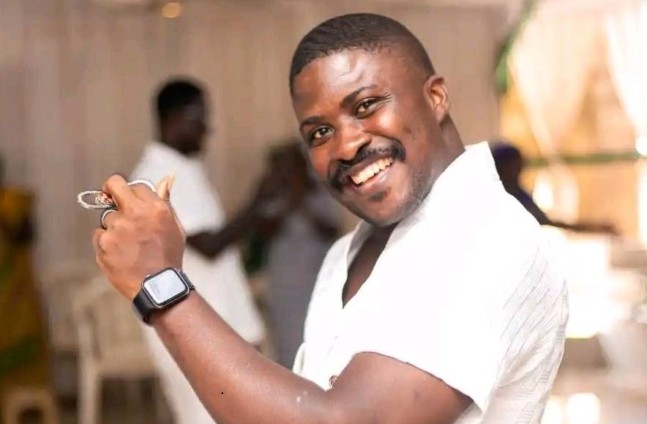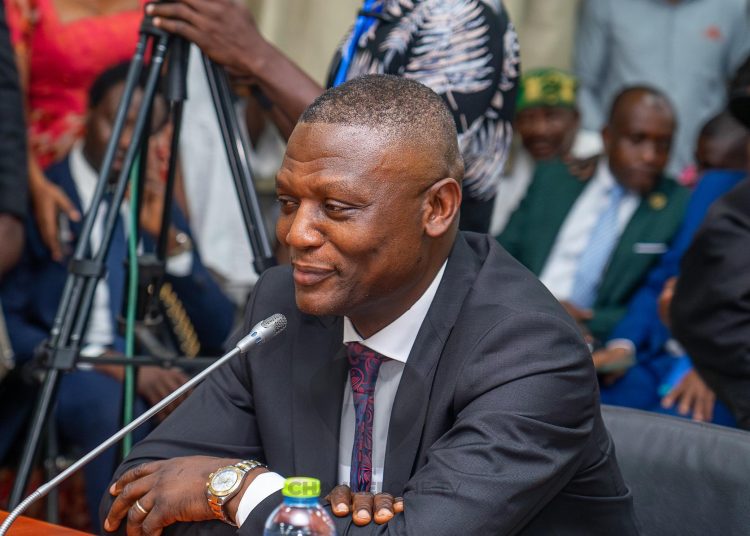Story By: Akua Oteng Amponsah
Ghanaian government-sponsored students in the UK are facing a severe crisis due to the collapse of scholarship support.
The President of the Ghana PhD Cohort, Prince Bansah, has spoken out about the escalating situation, describing it as “deeply distressing” and “worsening daily”.
“The reality on the ground is far more egregious than those snippets suggest — our colleagues have suffered beyond what words can capture,” Mr. Bansah said. “Currently, stipends owed range from 8 to 36 months. Some students have not received a single payment in 36 months. For PhD candidates who have been here the full duration of three years, this means they have received nothing.”
He further revealed that even the universities have not been reimbursed to cover tuition fees. “Let me clarify, the new registrar, in April, amid student protest threats, came to the UK in early May and engaged with investors. They reached an agreement to begin repaying debts, especially at the University of Birmingham, where they committed to paying about 10% of what they owed.”
However, Mr. Bansah expressed disappointment over the registrar’s return to Ghana, which was marked by a “very scathing media engagement” that “did not clearly communicate the purpose of his visit”. He added, “That is the current standstill. We have tried repeatedly to contact officials here, but many students say their emails go unanswered.”
The situation is dire, with many students facing eviction and relying on food banks. “Anyone who has studied abroad understands that in the UK, hunger is a solitary battle — you can’t simply knock on a neighbour’s door like you might in Ghana. When you’re sick here, it’s only you and your God,” Mr. Bansah said.
The mental toll on students is devastating, with some battling depression and drowning in debt. “As I speak, some colleagues are battling depression, drowning in debt, and trapped by these conditions. I can attest personally, recently, while writing my final thesis, after delivering a speech, it seemed I had ‘gone off the board.’”
A well-being investigation linked Mr. Bansah’s condition to nearly 20 months without stipends. “The wellbeing officer informed me this would be escalated to the British Commons. They intended to contact my local Member of Parliament.”
Mr. Bansah confirmed receiving an email from his MP last week requesting further details to raise the matter in the British Parliament. “This is how serious and public this has become — and it threatens Ghana’s diplomatic reputation.”
He recalled some students were withdrawn last year, and he, along with others able to help, sheltered a few. “But we cannot sustain support for most colleagues. The crisis is dire.”
Echoing concerns from fellow students, he described how some male students are forced into menial jobs like “making spends” — slang for casual labour. “These are harsh realities. At first, I thought the issue might be exaggerated, but flyers advertising such work circulated among Masters and Undergraduates confirm it. If male students are pushed to this, imagine what female students, especially PhDs, endure.”
Mr. Bansah explained the unique challenges for PhD candidates: “The PhD journey demands humility and dedication. We avoid publicising this burden to protect our mental health, but we have no choice.” Unlike master’s and undergraduate students on summer break who can work legally, PhD students have no breaks and work relentlessly.
“This morning, I’m in my office writing pages of my thesis — far beyond the 20 hours per week UK visa rules allow,” he said. “You can’t freely seek work either, as employers prefer permanent staff or full commitments. No one wants to hire someone for only 20 hours weekly.”
Mr. Bansah called this predicament “huge and heartbreaking”. “It pains me when people politicise or trivialise this issue. The calibre of students sponsored is well-known, transcending all political divides. Our PhD group numbers just over 80.”
“This is neither a political nor a partisan matter. It’s a grave crisis impacting students’ mental health and Ghana’s international relations,” he stressed.
He concluded with an urgent appeal: “We understand this is a new government and it’s unfair to fault them for a legacy problem. But we plead for immediate and decisive action.”
















